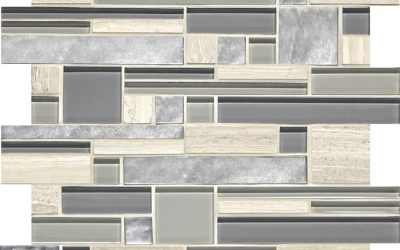Sheet metal fabrication is an important manufacturing process that combines creativity and engineering. This technology is critical for manufacturing precise and complex metal parts for a wide range of industries, including automotive, aerospace, electronics, and construction. With its ability to produce detailed designs, this method has become crucial in satisfying the different needs of modern industry.
Recognizing Precision Sheet Metal Fabrication
Precision sheet metal fabrication is fundamentally about changing flat sheets of metal into specified forms and structures. This procedure involves a variety of processes, including cutting, bending, and assembly. The goal is to obtain tight tolerances and high-quality finishes that meet the exacting requirements of various applications. Laser cutting is one of the most common processes for precision sheet metal manufacturing. This device uses a focused beam of light to cut through metal sheets with incredible precision. It enables elaborate designs while reducing waste, making it a popular choice among many producers. Other technologies include CNC machining, punching, and stamping, all of which improve the efficiency and precision of the fabrication process. The materials utilized in this technique might vary greatly, including aluminum, copper, and brass. However, stainless steel sheet fabrication has gained popularity due to its durability, corrosion resistance, and aesthetic appeal. Applications that require strength and durability, such as the construction of frames, enclosures, and support structures, commonly utilize this material.
Benefits of Precision Sheet Metal Fabrication
The benefits of precise sheet metal manufacturing are numerous. Foremost, the capacity to generate complicated shapes and designs enables manufacturers to build novel goods with increased utility. Customization is a key feature of this process, allowing organizations to fulfill individual client needs and react to changing market demands. Another big benefit is increased production efficiency. Modern fabrication techniques, particularly those that use automation and computer numerical control (CNC), improve efficiency, shorten lead times, and reduce human error. This efficiency translates into cost savings, making it an appealing alternative for firms looking to increase their profit margins. Additionally, quality sheet metal production encourages sustainability. The capacity to cut and shape materials with minimal waste is consistent with the increased emphasis on ecologically responsible production techniques. Manufacturers can improve their environmental impact by optimizing material consumption and reusing scrap.
Applications Across Industries
Precision sheet metal fabrication is versatile and suited for a wide range of applications. In the automotive industry, for example, fabricated metal components are essential to vehicle design, contributing to structural strength and safety. Similarly, the aerospace industry relies largely on precision fabrication to provide lightweight yet durable parts required for aircraft performance. This technology is especially useful in electronics manufacturing since it enables the creation of elaborate housings and casings that safeguard sensitive components. The construction industry uses improved sheet metal manufacturing to make building frames, roofing, and architectural features, which improves both functionality and beauty. This method is an essential component of modern manufacturing because it combines accuracy, efficiency, and flexibility. Using cutting-edge techniques and materials, manufacturers may develop high-quality components that fit the needs of a variety of industries. As technology advances, the prognosis for sheet metal manufacturing improves, with endless prospects for innovation and expansion. The importance of precise sheet metal fabrication is substantial, contributing not only to the production of complex products but also to the promotion of environmentally friendly manufacturing processes. As firms attempt to remain competitive in a rapidly changing market, this fabrication strategy will surely be critical to success.








